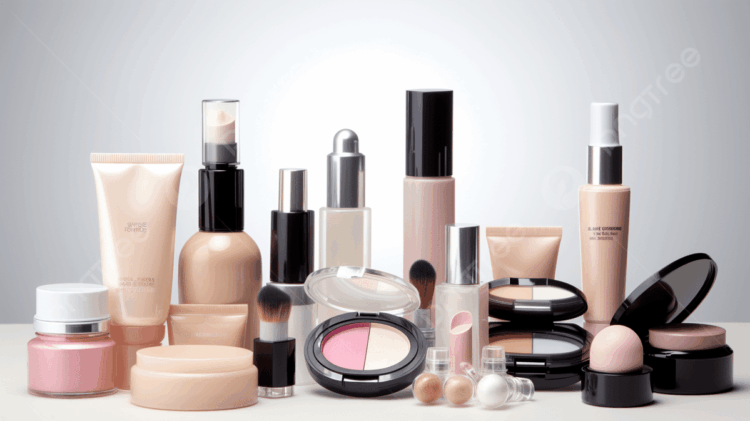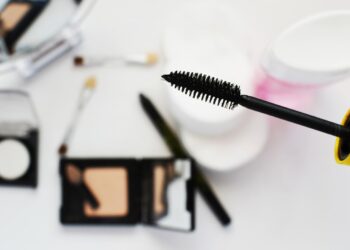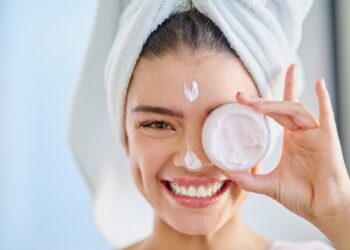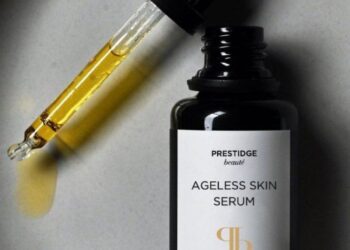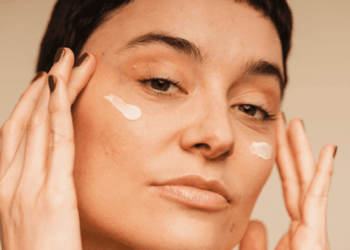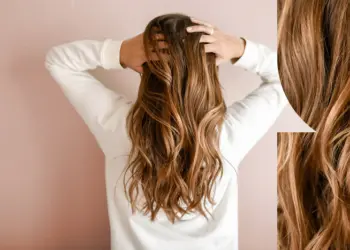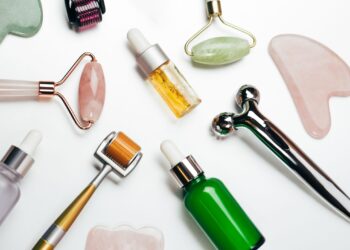In a world increasingly focused on health and sustainability, a new movement is redefining the beauty industry. Known as clean beauty, this philosophy goes beyond surface-level aesthetics to prioritize the safety of both consumers and the planet. It’s not just a trend; it’s a fundamental shift in how we think about the products we apply to our skin every day. This article delves into the core principles of clean beauty, its growing influence, and how you can navigate this evolving landscape to make truly informed decisions.
Understanding the Clean Beauty Movement
Clean beauty is a term that, while not officially regulated, is built on a foundation of safety, transparency, and sustainability. It represents a conscious effort by brands and consumers to move away from products containing ingredients that are linked to potential health or environmental harm.
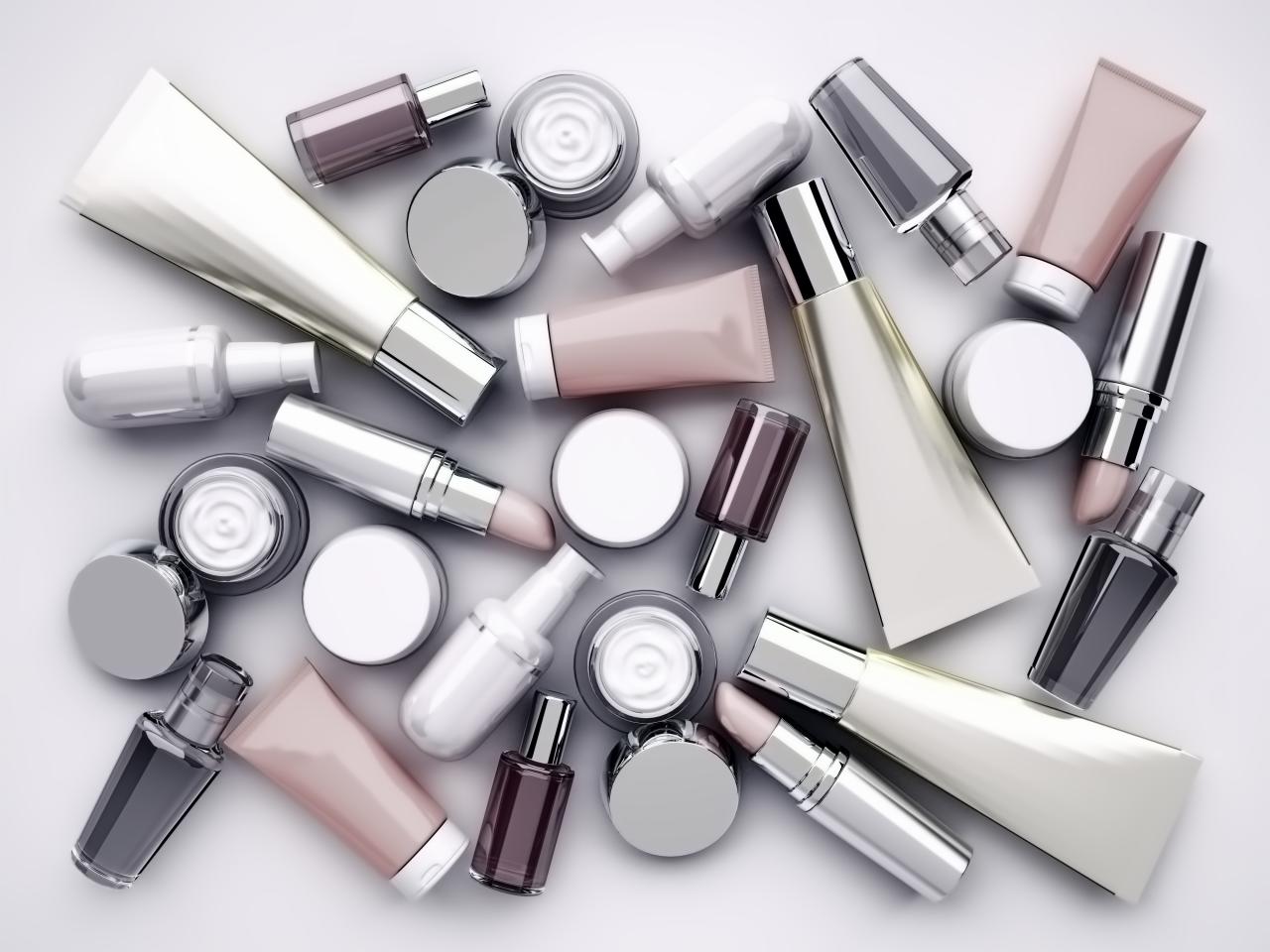
A. The “Free From” Philosophy
At its heart, clean beauty is about a deliberate choice to exclude certain ingredients. This “no-go” list is often extensive and includes a range of chemicals, preservatives, and synthetic additives that have been linked to various health concerns. While the list can vary among brands, some of the most common ingredients to avoid are:
- Parabens: Used as preservatives to prevent the growth of mold and bacteria, some studies suggest parabens can mimic estrogen and disrupt hormone function.
- Phthalates: Often found in synthetic fragrances and nail polishes, these chemicals are known as endocrine disruptors and have been linked to reproductive issues.
- Sulfates: These are harsh detergents that create a lather, but they can also strip the skin and hair of their natural, protective oils, leading to dryness and irritation.
- Formaldehyde-releasing agents: These are used as preservatives but can release small amounts of formaldehyde, a known carcinogen, over time.
- Synthetic fragrances: A single fragrance can be a cocktail of dozens of undisclosed chemicals. Many of these are allergens and can cause skin sensitivities, headaches, and respiratory issues.
In place of these, clean beauty formulations often rely on natural, plant-based ingredients, mineral colorants, and preservatives derived from natural sources.
B. The Principle of Transparency
One of the most powerful aspects of the clean beauty revolution is its commitment to transparency. Historically, the beauty industry has been a black box, with brands often hiding behind vague terms like “fragrance” to protect proprietary formulas. Clean beauty brands, however, champion a new standard of honesty by providing:
- Full ingredient disclosure: They list every single ingredient, often with a clear explanation of its purpose.
- Ethical sourcing details: Consumers can learn where the ingredients are from and how they were harvested, ensuring a more ethical supply chain.
- Honest product claims: Products are marketed with realistic expectations, avoiding exaggerated promises of “miracle” results.
This level of openness builds consumer trust and allows individuals to make educated choices about what they put on their bodies.
C. A Commitment to Sustainability
The clean beauty ethos extends far beyond the ingredients themselves to encompass a brand’s overall environmental impact. This holistic approach focuses on minimizing waste and promoting a healthier planet through:
- Eco-friendly packaging: Many clean beauty brands are innovators in sustainable packaging, using materials like recycled plastic, glass, or even biodegradable containers. Some offer refill programs to reduce waste.
- Cruelty-free practices: The vast majority of clean beauty brands are also cruelty-free, meaning they do not test their products on animals. Many are certified by organizations like Leaping Bunny.
- Ethical labor: Brands are often more transparent about their labor practices, ensuring fair wages and safe working conditions for all involved in the supply chain.
The Driving Forces Behind the Movement
The shift towards clean beauty is not an accident. It’s the result of several converging factors that are reshaping consumer behavior and industry standards.

A. Consumer Empowerment through Education
With a wealth of information available online, consumers are no longer passive buyers. They are actively researching ingredients, sharing knowledge, and holding brands accountable. Social media platforms and dedicated apps that analyze cosmetic ingredients have become powerful tools for empowering individuals to make healthier choices.
B. The Influence of Modern Health Trends
There is a growing connection between personal health and the products we use. Consumers are increasingly aware that what we put on our skin can be absorbed into our bodies, leading them to seek out safer, non-toxic alternatives. The rise of wellness and holistic health has put clean beauty front and center.
C. The Response from the Industry
Major beauty corporations have taken notice. Many are either acquiring smaller clean beauty brands or launching their own “clean” lines to meet consumer demand. This mainstream adoption is a clear signal that clean beauty is not a niche market but a significant force shaping the future of the entire industry.
A Practical Guide to Embracing Clean Beauty
Transitioning your beauty routine doesn’t have to be an all-or-nothing endeavor. You can start with small, manageable steps to gradually embrace a cleaner approach.
A. Start with High-Use Products
Focus on replacing the products you use most frequently, such as your cleanser, moisturizer, or foundation. Swapping these for clean alternatives will have the biggest immediate impact.
B. Become an Ingredient Detective
Learn to read and understand ingredient labels. Familiarize yourself with common “dirty” ingredients and look for clear, easy-to-understand names of natural extracts and oils. Resources like the Environmental Working Group’s Skin Deep database can be incredibly helpful.
C. Look for Third-Party Certifications
While not a substitute for your own research, certifications from reputable organizations can provide a shortcut. Look for seals from groups like EWG Verified, Leaping Bunny, or Certified Organic to quickly identify brands that meet specific standards.
The Future is Conscious and Connected
Clean beauty is more than a trend; it’s a reflection of a global shift towards a more conscious, connected way of living. It’s about recognizing that our personal health and the health of the planet are inextricably linked. As this movement continues to grow, we can look forward to a future where beauty is not only effective but also ethical, transparent, and truly good for us.

